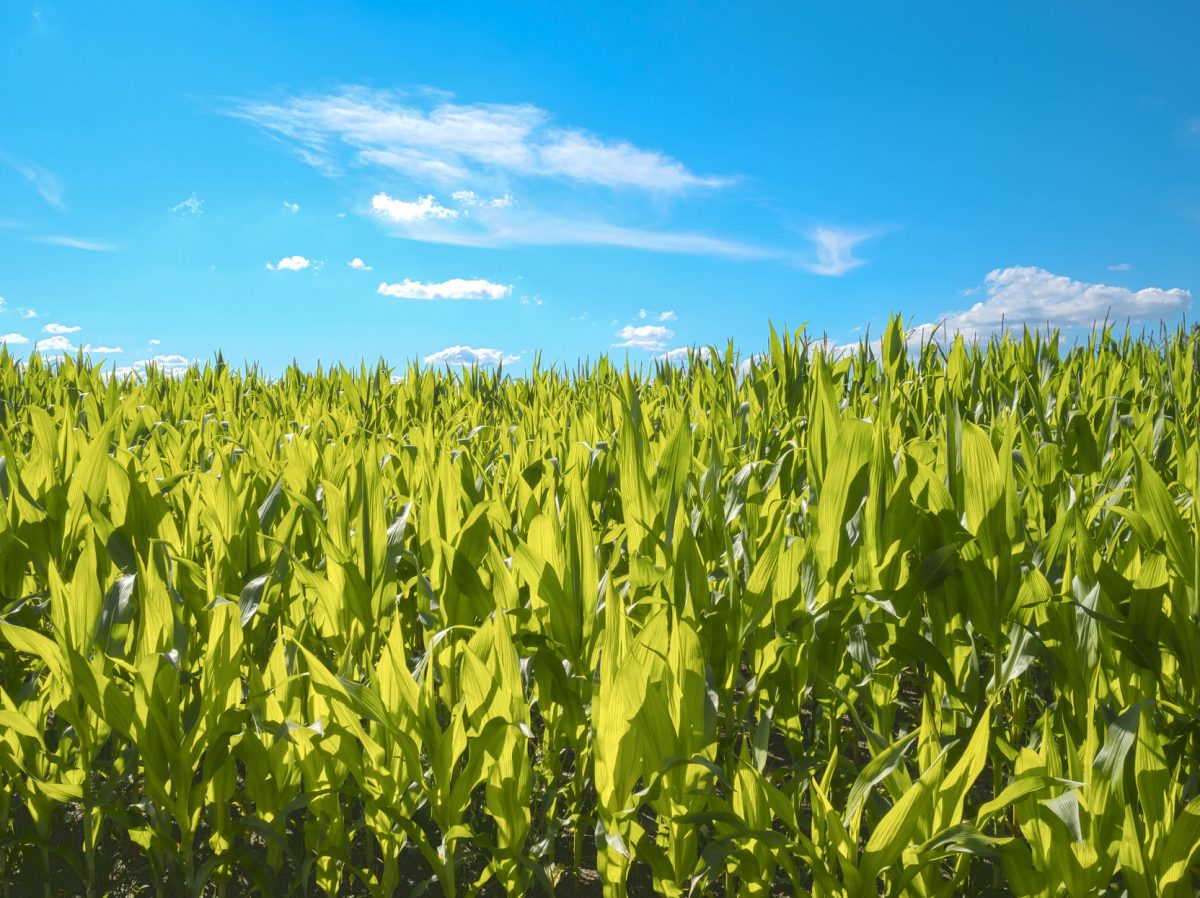How much does your food cost? The resources required to feed almost 8 billion people are damaging to the environment. A 2018 study published in Science, by Dr. J Poore and colleagues, highlights the true cost of food. They investigated the true global impact of food production and looked at ways producers and consumers can limit their environmental impact.
Across the globe, there are more than 570 million farms, with each one utilizing different agricultural techniques. The researchers retrieved data from 38,000 agricultural farms producing various products around the world to test their environmental impact. To do so, the researchers studied land use, freshwater use, greenhouse gas emissions (GHGs), acidic emissions, and eutrophic emissions. Eutrophication is the release of excess minerals and nutrients that promote the rapid growth of algae in bodies of water. The environmental impact of the products’ entire life cycle was recorded, from input use to final consumption. The life-cycle of food production, or the food supply chain, accounted for 26% of human caused GHG emissions. Furthermore, about 32% of global land acidification and 78% of eutrophication could be accounted for by the food supply chain. It was estimated that about two-thirds of all freshwater withdrawals were used for crop irrigation. As water scarcity is becoming a global reality, a reformation in the food sector is needed to preserve resources for long-term usage. Additionally, meat products were found to be more environmentally damaging than plant-based products, in terms of land degradation and GHG emissions.
Given how variable the environmental impact of each producer is, what is the best way to limit the environmental impact of food production? Limiting food waste through processing and using more durable, sustainable packaging is one way for producers to limit their environmental impact. For consumers, choosing plant products over meat products can have a significant environmental impact. Currently, the true cost of food is higher than the Earth can reasonably sustain. The agricultural industry needs an environmental reformation to keep feeding our growing population.
Categories:
The hidden environmental impact of food production
Hannah Kiene, Contributor
April 16, 2020
0
Donate to The Tiger
Your donation will support the student journalists of Clemson University. Your contribution will allow us to purchase equipment and cover our annual website hosting costs.
More to Discover















